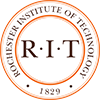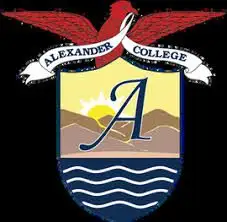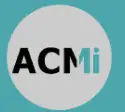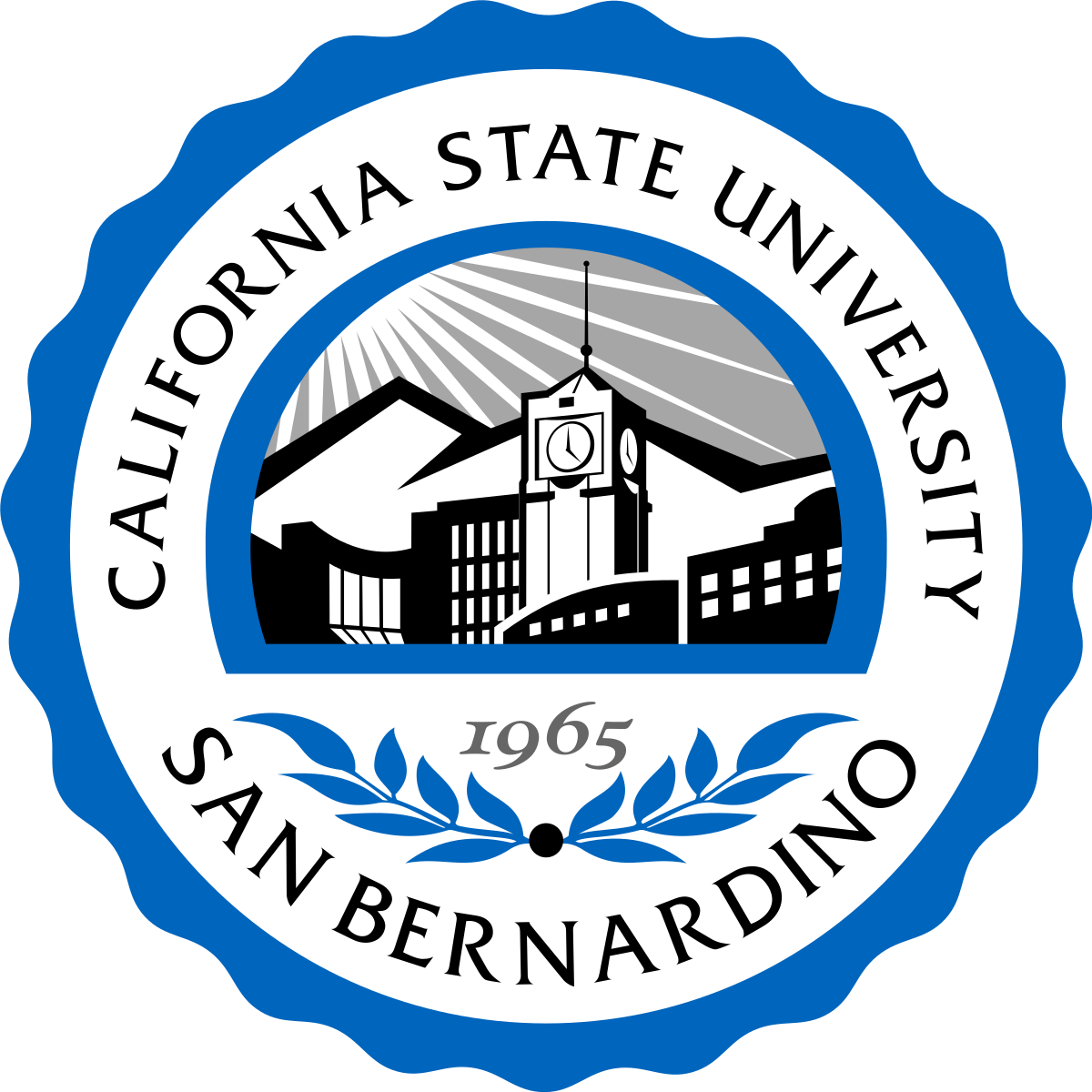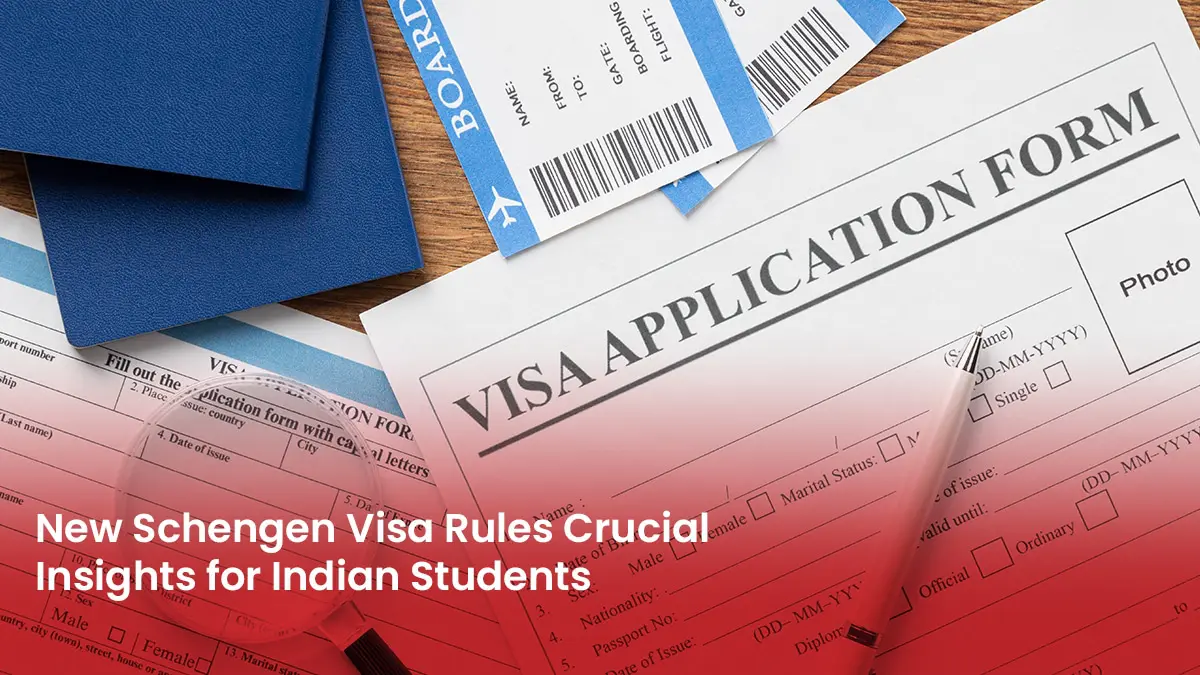A Letter of Recommendation (LOR) serves as a crucial validation and heartfelt appreciation of a candidate’s skills, work, and other professional virtues that are directly relevant to their chosen field. This influential document is specifically addressed to an admissions officer at an esteemed educational institution or a prospective employer who seeks to gain insight into your personal experiences with the individual endorsing your admission or employment.
In essence, the LOR meticulously highlights the candidate’s notable academic or professional achievements, as well as their commendable work ethic. Typically, this invaluable letter is thoughtfully crafted by a former employer, esteemed colleague, respected teacher, esteemed professor, or even a satisfied client. Within this comprehensive letter, the writer delves into the candidate’s exceptional qualities and unique strengths that make them an exceptional fit for the intended pursuit.
What is the meaning of LOR?
LOR’s full form is a Letter of Recommendation. It is a document that is written by someone who knows you well and can attest to your skills, abilities, and potential. LORs are often required for applications to study abroad and jobs.
Who Needs LOR and Why?
There are different types of LORs, but the most common type is the academic LOR. Academic LORs are written by professors or other academic professionals who have taught you or supervised your research.
LORs are important because they can help overseas education admissions and employers get a better understanding of who you are and what you can do. A well-written LOR can highlight your strengths and accomplishments, and it can also provide insights into your personality and character.
Here are some of the reasons why people need LORs:
- To apply to graduate school: Most graduate overseas education requires applicants to submit two or three LORs. LORs can help admissions committees assess your academic potential and fit for the program.
- To apply for jobs: Many employers require applicants to submit LORs, especially for entry-level positions. LORs can help employers learn more about your skills, experience, and work ethic.
- To apply for internships: LORs can be helpful for internship applications, especially if you are applying for a competitive internship or if you do not have much work experience.
- To get a scholarship: Some scholarships require applicants to submit LORs. LORs can help scholarship committees learn more about your academic achievements, financial need, and commitment to your education.
Types of LORs
There are three main types of LORs:
- Academic LORs are written by professors, teachers, or other academic professionals who have taught you or supervised your research. Academic LORs typically focus on your academic performance, knowledge, and potential in the field in which you wish to pursue your studies.
- Professional LORs are written by current or former supervisors, colleagues, or clients who can vouch for your work experience and professional skills. Professional LORs typically focus on your job performance, work ethic, and skills.
- Personal LORs are written by friends, family members, or personal acquaintances who know you well and can speak to your personal qualities, such as your character, integrity, and leadership skills. Personal LORs are less common than academic and professional LORs, but they can be helpful for applications to certain programs or scholarships.
How to Write a Letter Of Recommendation?
A strong letter of recommendation (LOR) should include the following:
Introduction
- State your name and your relationship to the applicant.
- State the purpose of the LOR.
Body
- Discuss the applicant’s strengths and accomplishments.
- Provide specific examples to support your claims.
- Discuss the applicant’s potential.
- Explain why you believe the applicant is a good fit for the program or position.
Conclusion
- Summarize your overall impression of the applicant.
- Reiterate your support for the applicant’s application.
LOR Guidelines
Here are some general LOR guidelines:
- Choose recommenders who know you well and can write a positive letter about you.
- Give your recommenders plenty of time to write the letter (at least two weeks).
- Provide your recommenders with all of the information they need, such as a copy of your resume, personal statement, and any other relevant information.
- Thank your recommenders for their time and consideration.
Basic Letter Of Recommendation Format
The basic format of an LOR is as follows:
- Letterhead: The LOR should be written on the letterhead of the recommender’s institution or organization. If the recommender does not have letterhead, they can use their personal letterhead or simply type their name and contact information at the top of the page.
- Date: The LOR should be dated.
- Recipient: The LOR should be addressed to the admissions committee of the program or organization to which the applicant is applying.
- Introduction: The introduction should state the recommender’s name, title, and relationship to the applicant. The recommender should also state the purpose of the LOR.
- Body: The body of the LOR should focus on the applicant’s strengths, accomplishments, and potential. The recommender should provide specific examples to support their claims.
- Conclusion: The conclusion should summarize the recommender’s overall impression of the applicant and reiterate their support for the applicant’s application.
- Signature: The LOR should be signed by the recommender.
LOR Samples for Bachelor Students
Here are some LOR samples for bachelor students, you can use this letter of recommendation template while moving to study abroad:
[Date]
[Admissions Committee] [Program Name] [University Name]
Dear Admissions Committee,
I am writing to recommend [Applicant Name] for admission to the [Program Name] program at [University Name]. I have had the pleasure of teaching [Applicant Name] in my [Course Name] class this year, and I am very impressed with his/her academic abilities, work ethic, and character.
[Applicant Name] is a highly motivated and intelligent student. He/She consistently earns top grades in my class, and he/she is always eager to learn more. [Applicant Name] is also a very active participant in class discussions, and he/she often asks insightful questions.
In addition to his/her academic abilities, [Applicant Name] is also a very hard-working and conscientious student. He/She always meets deadlines and completes assignments to a high standard. [Applicant Name] is also a team player and is always willing to help his/her classmates.
Outside of the classroom, [Applicant Name] is involved in several extracurricular activities. He/She is a member of the [Club Name] club and the [Volunteer Organization] organization. [Applicant Name] is also a volunteer tutor at the local homeless shelter.
I am confident that [Applicant Name] would be an excellent addition to the [Program Name] program at [University Name]. He/She is a bright, talented, and hardworking student with a strong academic record and a commitment to community service. I highly recommend him/her for admission.
Sincerely, [Your Name] [Title] [Institution]
Letter Of Recommendation Samples for Master Students
Here are some letters of recommendation samples for master students:
[Date]
[Admissions Committee] [Program Name] [University Name]
Dear Admissions Committee,
I am writing to recommend [Applicant Name] for admission to the [Program Name] program at [University Name]. I have had the pleasure of serving as [Applicant Name]’s academic advisor at [Undergraduate Institution] for the past four years.
[Applicant Name] has a strong academic record in [Major]. He/She has consistently earned top grades in all of his/her courses, and he/she has a deep understanding of the subject matter. [Applicant Name] has also taken several challenging courses, including [Course Name] and [Course Name].
In addition to his/her academic abilities, [Applicant Name] is also a very involved student. He/She is a member of the [Club Name] club and the [Volunteer Organization] organization. [Applicant Name] is also a volunteer tutor at the local homeless shelter.
[Applicant Name] is a bright, talented, and hardworking student with a strong academic record and a commitment to community service. I am confident that he/she would be an excellent addition to the [Program Name] program at [University Name]. I highly recommend him/her for admission.
Sincerely, [Your Name] [Title] [Undergraduate Institution]
Mistakes to Avoid in a LOR
Here are some mistakes to avoid in a LOR:
- Not being specific. A good LOR should provide specific examples of the applicant’s strengths, accomplishments, and potential. Avoid making general statements or clichés.
- Not being honest. Be honest and objective in your assessment of the applicant. Avoid exaggerating their strengths or downplaying their weaknesses.
- Not being professional. The LOR should be written in a formal and professional tone. Avoid using slang or informal language.
- Not being proofread. The LOR should be free of grammatical and spelling errors.
- Not being submitted on time. Submit the LOR by the deadline.
Tips for Writing a LOR
Here are some additional tips for writing a strong LOR:
- Be specific and provide examples.
- Be honest and objective.
- Be professional and avoid using clichés.
- Be timely and submit the LOR by the deadline.
- Be proactive and reach out to your recommenders early.
- The LOR should be one to two pages long.
- The LOR should be written in a formal and professional tone.
- The LOR should be free of grammatical and spelling errors.
- The LOR should be tailored to the specific program or position to which you are applying.
- The LOR should focus on your strengths, accomplishments, and potential.
- The LOR should provide specific examples to support the recommender’s claims.
- The LOR should conclude with a statement of support for your application.
We hope that our provided LOR samples have helped you understand the correct way to write a Letter of Recommendation. If you are experiencing any difficulties with your LOR, the experts at MSM Unify can assist you in crafting the perfect LOR that showcases all your strengths and aspirations most effectively. With their guidance, you can ensure that no opportunity is missed on your path to your dream college.
FAQs
What does a good LOR look like?
A great letter of recommendation includes specific examples and anecdotes that demonstrate the applicant’s skills and qualifications. It backs up descriptions of your qualifications with examples.
Which font is best for LOR?
Times New Roman font always looks very professional, and the font size should be 11 or 12 points.
How much time does LOR take?
Universities are very explicit about deadlines for receiving application materials, including letters of reference. You should give your professors as much time as possible, but at least 3–4 weeks at a minimum.
Can a letter of recommendation be 2 pages?
Don’t make the letter too short, because it will give the reader a negative impression of the candidate. Letters of recommendation should be between one and two pages.
Is a 200-word LOR good?
The maximum word limit of a well-written Letter of Recommendation is 400 words. A LOR is prescribed to have a minimum of 200-250 words if it is properly written.
Is there a word limit for LOR?
300-400 words long and should present your character, accomplishments, and abilities from an objective perspective.














